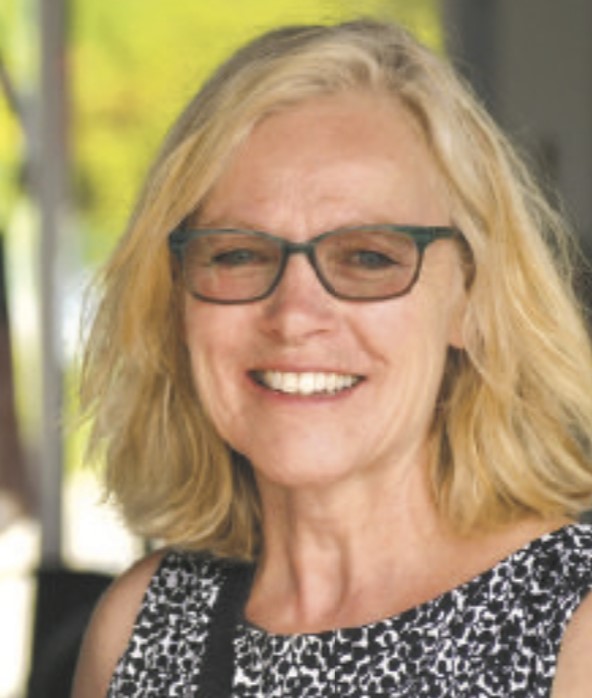Legislator seeks ARPA funds for village water

Chautauqua County Legislator Susan Parker is seeking a task force on village water.
The Chautauqua County Health Department has lifted the boil water order for all Fredonia water customers, including any customers outside the village boundaries.
As Fredonia officials try to figure out the best way to keep the water system up and running, one county official wants to help make improvements using federal funds.
Legislator Susan Parker, D-Fredonia, is proposing that Chautauqua County provide $2.5 million of its American Rescue Plan Act funds as matching funds for the village of Fredonia to guarantee potable water from Dunkirk if it is cost effective to decommission the reservoir dam or to fix the dam if it is more economical.
“I raised the possibility of getting county help for village infrastructure with village officials and at the county level. I was told that the county would not be able to provide ARPA funds for such a project. I have long been concerned about the county’s use of its ARPA money and the fact that their process for using the money has not been public nor transparent,” she said in a news release.
Parker noted that when the original list of projects for ARPA funding was unveiled in 2021, county legislators all agreed that the projects slated for funding were not final and that communities could make requests through their legislators for help with infrastructure and other problems. In fact, the legislature approved dam repairs in the Conewango Watershed, which primarily benefited the town of Cherry Creek.
According to Parker, the Fredonia Reservoir dam is considered a “High Hazard” dam by the state Department of Environmental Conservation. A dam is considered “High Hazard” if its failure “may result in widespread or serious damage to home(s); damage to main highways, industrial or commercial buildings, railroads, and/or important utilities, including water supply, sewage treatment, fuel, power, cable or telephone infrastructure; or substantial environmental damage; such that the loss of human life or widespread substantial economic loss is likely.”
Parker continued, “We know that the village’s water supply is seriously compromised. The reservoir dam is suspect and poses a significant hazard. The village has had serious supply issues that have caused significant problems for residents of the village and town of Pomfret and one of the county’s largest employers – a village really onto itself – the State University of New York at Fredonia. The village is trying to get state funding for a new hospital for which it cannot guarantee uninterrupted water service. And the dam is subject to failure with huge health, safety, and economic implications for a large populated geographic area.”
Parker said her goals are to determine whether the village is eligible to apply for county ARPA funds for such a water infrastructure project, how the county might be helpful in relation to water infrastructure in the village of Fredonia, and how stakeholders in the village and county can work together to solve water infrastructure problems that effect this greater community area.
“What more of a concern must be brought before our county government takes notice, and more importantly, action?” she asked.
If the county agrees to help Fredonia, Parker said the next step would be for village officials to come up with a plan of either improving its own water system or getting water from Dunkirk through the North County Water District. “It’s their choice on whatever they choose to do. My believe is the village has to determine the costs and benefits,” she said.
Parker said she believes officials from the village, county and SUNY Fredonia should meet and discuss various options and solutions. “We need a more inclusive effort,” she said.
Parker said she proposed the $2.5 million based on what she believes is available from the county’s original $24.6 million received from the federal government from the ARPA program. She said any work Fredonia does will be higher than that, but she would suggest using that $2.5 million as seed money to raise additional state and/or federal grants.






